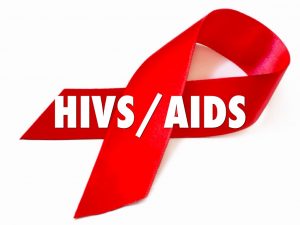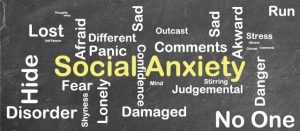
What are the early signs of cancer?
In its early stages, cancer usually has no symptoms, but eventually a malignant tumour will grow large enough to be detected. As it continues to grow, it may press on nerves and produce pain, penetrate blood vessels and cause bleeding, or interfere with the function of a body organ or system.
The earlier a cancer is detected, the more likely it is that treatment will be successful. Understanding what symptoms and changes to your body to look out for could be important.
The seven warning signs of cancer
To remember the seven early warning signs of cancer, think of the word CAUTION:
Change in bowel or bladder habits.
A sore that does not heal.
Unusual bleeding or discharge.
Thickening or lump in the breast, testicles, or elsewhere.
Indigestion or difficulty swallowing.
Obvious change in the size, colour, shape, or thickness of a wart, mole, or mouth sore.
Nagging cough or hoarseness.
The following symptoms may also indicate the presence of some form of cancer:
Coughing-up blood
Persistent headaches
Unexplained loss of weight or appetite
Chronic pain in bones
Persistent fatigue, nausea, or vomiting
Persistent low-grade fever, either constant or intermittent
Repeated instances of infection
Seek medical advice about cancer if:
You develop symptoms that may indicate cancer, that are not clearly linked to another cause, and persist for more than two to three weeks. You should arrange to have a medical examination. If the cause of your symptoms is cancer, early diagnosis and treatment will offer a better chance of being cured.








